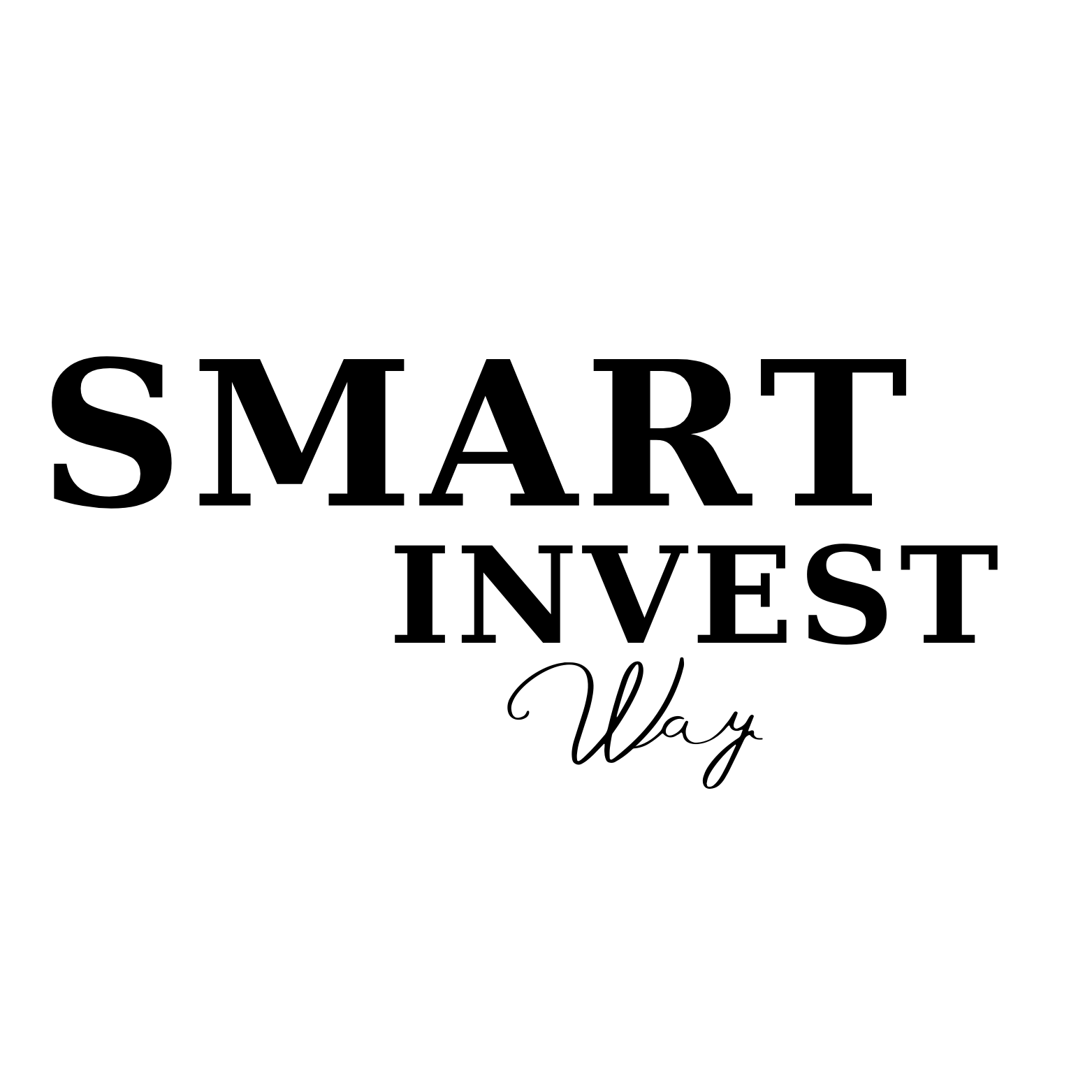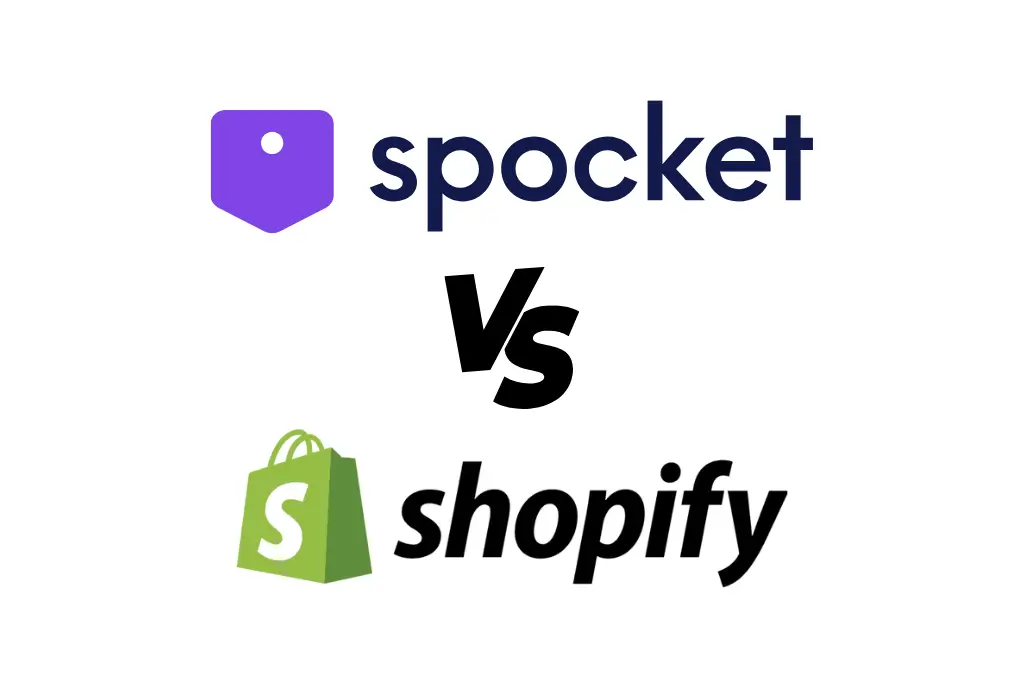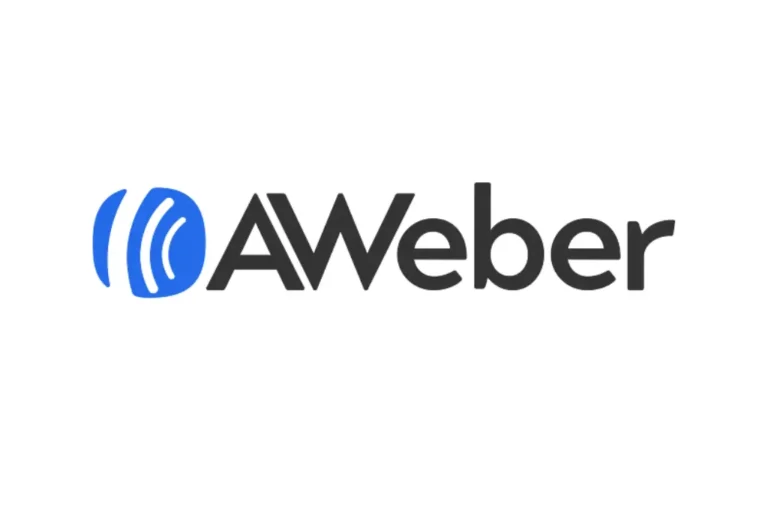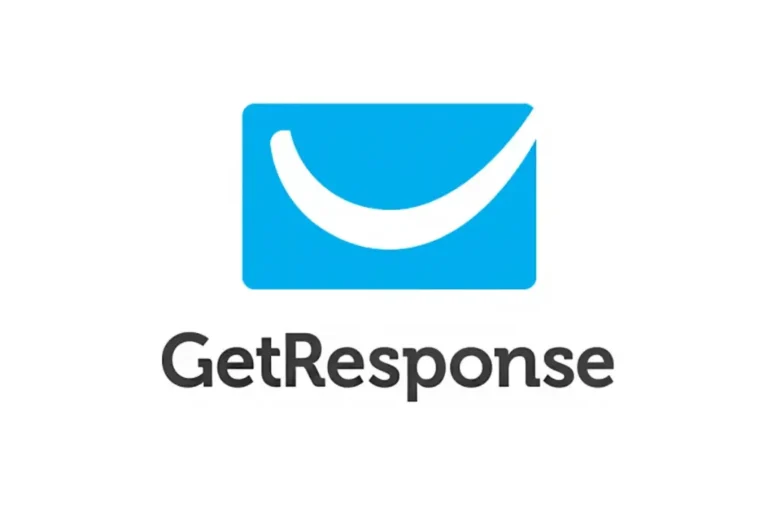Key Takeaway: Shopify is a comprehensive e-commerce platform for building your online store, while Spocket is a dropshipping app that integrates with platforms like Shopify to source quality products. They serve different but complementary functions in your e-commerce business.
Table of Content
Table of Contents
Introduction
Thinking about starting a dropshipping business? You’ve likely heard of Shopify and Spocket, but understanding how they actually compare can be confusing. Let’s clear this up right away: Shopify is a leading e-commerce platform to build your store. Spocket is a popular app that integrates with platforms like Shopify to help you find and sell dropshipping products. They serve different core functions but often work together.
The confusion is understandable—both are essential tools in the dropshipping ecosystem, but they fulfill different roles. This comprehensive guide will explore how these tools compare, how they integrate, their individual strengths and weaknesses, and most importantly, which one(s) you actually need for your business.
Whether you’re just getting started with dropshipping or looking to optimize your existing operations, understanding the relationship between Shopify and Spocket is crucial for making informed decisions about your e-commerce strategy.
What is Shopify? (Building the Foundation)
Shopify is an all-in-one e-commerce platform that allows entrepreneurs to create and run an online store without needing extensive technical knowledge. It provides the infrastructure and tools necessary to sell products online, regardless of whether you’re dropshipping, selling handmade items, or offering digital products.
Key Features:
- User-friendly website builder with customizable templates
- Reliable hosting with excellent uptime and performance
- Secure payment processing through Shopify Payments and third-party gateways
- Comprehensive marketing tools including SEO, social media integration, and email marketing
- Extensive app store with thousands of integrations to extend functionality
- Native inventory management for tracking stock and orders
- Mobile-responsive storefronts for customers shopping on any device
- Analytics dashboard for tracking performance metrics
- 24/7 customer support via chat, email, and phone
Target Audience:
Shopify caters to anyone wanting to build an online store, from complete beginners to large enterprises. Its scalable plans make it accessible for solo entrepreneurs just starting out, as well as established businesses handling significant sales volumes.
Core Function:
Shopify’s primary purpose is providing the infrastructure, tools, and environment needed to create, manage, and grow an online store. It’s the foundation upon which your e-commerce business is built, handling everything from website hosting to payment processing.
What is Spocket? (The Sourcing Solution)
Spocket is a dropshipping marketplace and integration app that connects merchants with verified suppliers, primarily from the US and EU. Unlike Shopify, which is a platform for building your store, Spocket focuses specifically on product sourcing and order fulfillment for dropshipping businesses.
Key Features:
- Curated product marketplace with emphasis on US and EU suppliers
- Strict supplier vetting process to ensure quality and reliability
- Sample ordering capability to test products before listing
- Automated order processing from your store to suppliers
- Real-time inventory updates to prevent overselling
- Branded invoicing for a professional customer experience
- Seamless integration with platforms like Shopify, WooCommerce, and others
- Discounted wholesale pricing (typically 30-60% off retail)
- Fast shipping times compared to many international suppliers
Target Audience:
Spocket is designed specifically for dropshippers who want to offer quality products with faster shipping times than traditional overseas suppliers provide. It’s particularly valuable for sellers targeting North American and European markets who want to avoid the extended shipping times often associated with dropshipping.
Core Function:
Spocket’s primary purpose is connecting your existing online store (built on a platform like Shopify) with vetted suppliers who can fulfill orders directly to your customers. It streamlines the product sourcing and order fulfillment aspects of dropshipping.
The REAL Comparison: Shopify with Spocket vs. Shopify Without Spocket
The “versus” framing of Shopify and Spocket can be misleading since they’re not competing products but complementary tools. The real comparison worth examining is between using Shopify with Spocket and using Shopify with alternative sourcing methods.
Scenario 1: Using Shopify Alone (With Alternative Sourcing)
When using Shopify without Spocket, you’ll need to find alternative methods for sourcing products and managing order fulfillment:
Pros:
- No additional app subscription costs beyond your Shopify plan
- Freedom to source from any suppliers worldwide
- Potentially lower product costs when sourcing directly from manufacturers
- Greater product variety with no restrictions on suppliers
Cons:
- Time-consuming supplier research and verification
- Manual order processing if not using another automation app
- Potentially longer shipping times with overseas suppliers
- Quality control challenges without a vetting process
- Higher risk of supplier reliability issues
Scenario 2: Using Shopify Integrated with Spocket
Adding Spocket to your Shopify store creates a more streamlined dropshipping operation:
Pros:
- Access to pre-vetted, reliable suppliers (primarily US/EU-based)
- Faster shipping times (typically 2-5 days for US orders)
- Automated order processing and fulfillment
- Professional branded invoicing
- Ability to order samples before committing to products
- Higher-quality products compared to many overseas suppliers
Cons:
- Additional monthly subscription cost for Spocket
- More limited product selection than global marketplaces like AliExpress
- Potentially higher product costs affecting profit margins
- Still requires Shopify subscription for store functionality
Start Your Shopify Store 2025: The Complete Step-by-Step Guide
Comparison Table: Shopify + Shopify vs Spocket + Other Sourcing Methods
| Feature | Shopify + Spocket | Shopify + Other Sourcing Methods |
|---|---|---|
| Supplier Location | Primarily US/EU suppliers | Global (often China-based) |
| Product Variety | More limited selection (thousands vs. millions) | Virtually unlimited with platforms like AliExpress |
| Vetting Process | Strict supplier verification by Spocket | Self-conducted or none (varies by platform) |
| Shipping Times | Typically 2-5 days (US orders) | Often 2-4 weeks for international shipping |
| Order Automation | Fully automated processing | Manual or requires separate automation apps |
| Additional Costs | Spocket subscription ($29-99/month) | Varies by alternative app (some free, some paid) |
| Product Quality | Generally higher quality | Variable (requires more due diligence) |
| Branded Experience | Custom invoicing and packaging | Generic packaging unless negotiated with suppliers |
| Ease of Use | Simplified integration and workflow | Varies widely by sourcing method |
Feature Deep Dive: Head-to-Head
While Shopify and Spocket serve different functions, there are some areas where Spocket’s capabilities enhance or supplement Shopify’s native features:
Product Sourcing
Shopify Native: Shopify itself doesn’t provide product sourcing capabilities. You’ll need to find suppliers independently or use third-party apps.
With Spocket: Access to a curated marketplace of primarily US and EU suppliers with thousands of products across various niches. All suppliers undergo a vetting process to ensure reliability and product quality.
Order Fulfillment
Shopify Native: Provides order management tools but requires manual processing unless integrated with fulfillment services.
With Spocket: Automated order routing to relevant suppliers with one-click processing. When customers place orders in your Shopify store, details are automatically sent to suppliers who prepare and ship orders directly to your customers.
Branding Experience
Shopify Native: Excellent storefront branding but limited control over packaging and fulfillment materials.
With Spocket: Enhanced branding experience with custom invoicing options. Some Spocket suppliers also offer custom packaging services, allowing your packages to arrive with your brand name rather than the supplier’s.
Inventory Management
Shopify Native: Strong inventory tracking for your own stock but limited capabilities for dropshipped products.
With Spocket: Real-time inventory synchronization with suppliers, reducing the risk of selling out-of-stock items. This integration keeps your Shopify store updated with current availability from Spocket suppliers.
Supplier Relationships
Shopify Native: No built-in supplier network; relationships must be established independently.
With Spocket: Pre-established relationships with verified suppliers, eliminating the need for individual negotiations and agreements. This saves significant time and reduces the risk of working with unreliable vendors.
Pricing Breakdown
Understanding the complete cost structure of both platforms is essential for making an informed decision.
Shopify Pricing
Shopify offers tiered pricing plans to accommodate businesses at different stages:
- Basic Shopify: $29/month
- Essential features for new businesses
- 2.9% + 30¢ transaction fee (using Shopify Payments)
- 2% additional fee for other payment processors
- Shopify: $79/month
- Complete features for growing businesses
- 2.6% + 30¢ transaction fee (using Shopify Payments)
- 1% additional fee for other payment processors
- Advanced Shopify: $299/month
- Advanced features for scaling businesses
- 2.4% + 30¢ transaction fee (using Shopify Payments)
- 0.5% additional fee for other payment processors
All plans include unlimited products, 24/7 support, and access to the Shopify App Store.
Spocket Pricing
Spocket‘s pricing structure is designed to scale with your business needs:
- Starter: $29/month
- 25 unique products
- Email support
- AliExpress dropshipping
- Unlimited orders
- Pro: $59/month
- 250 unique products
- Premium products
- Branded invoicing
- Chat support
- All Starter features
- Empire: $99/month
- Unlimited products
- Premium products
- Branded invoicing
- Chat support
- Bulk checkout
- Unicorn: $299/month
- All Empire features
- Supplier sourcing assistance
- Product requests
- Dedicated account executive
Spocket also offers a free plan with limited features, allowing you to browse products but restricting the number of products you can sell.
Total Cost Scenario
For a typical dropshipping startup, here’s what you might expect to pay monthly:
Basic Setup: Shopify Basic ($29) + Spocket Starter ($29) = $58/month
Growing Business: Shopify ($79) + Spocket Pro ($59) = $138/month
Established Business: Shopify Advanced ($299) + Spocket Empire ($99) = $398/month
These costs don’t include additional Shopify apps you might need for marketing, customer service, or other business functions.
Pros and Cons
Shopify
Pros:
- Industry-leading e-commerce platform with robust features
- Excellent scalability from startup to enterprise level
- Extensive app ecosystem for customization
- Reliable hosting and security
- Professional themes and design capabilities
- Comprehensive payment gateway options
- Strong SEO capabilities
- 24/7 customer support
Cons:
- Transaction fees unless using Shopify Payments
- Monthly cost higher than some basic alternatives
- Advanced customization may require technical knowledge
- Some essential features require paid apps
- Learning curve for beginners
Spocket
Pros:
- Vetted US and EU suppliers for quality assurance
- Significantly faster shipping times than traditional dropshipping
- Branded invoicing enhances customer experience
- Automated order processing saves time
- Sample ordering capability
- Integration with multiple e-commerce platforms
- Higher-quality products than many overseas suppliers
- Better customer service experience for your buyers
Cons:
- Subscription cost adds to operating expenses
- Smaller product catalog than global marketplaces
- Higher product costs may reduce profit margins
- Limited customization of supplier relationships
- Some premium features restricted to higher-tier plans
Combined (Shopify + Spocket)
Pros:
- Complete end-to-end dropshipping solution
- Professional store appearance with quality products
- Automation streamlines operations
- Faster shipping enhances customer satisfaction
- Reduced supplier management headaches
- More sustainable business model with higher-quality products
Cons:
- Combined monthly costs
- Still requires marketing efforts to drive traffic
- Higher investment than bare-minimum dropshipping setups
- Product limitations compared to sourcing options like AliExpress
Who Should Use Shopify? Who Should Use Spocket?
Use Shopify if:
- You want to build any kind of online store, regardless of business model
- You need a professional-looking storefront with minimal technical knowledge
- You value scalability and robust features as your business grows
- You want access to an extensive app ecosystem
- You need reliable hosting and security
- You’re planning to sell through multiple channels (social media, marketplaces)
Consider Adding Spocket to Shopify if:
- You’re specifically focused on dropshipping as your business model
- You prioritize product quality and supplier reliability
- You want to offer faster shipping times to customers (especially in US/EU)
- You target customers who value product origin and quality
- You want to reduce time spent on order processing and fulfillment
- You’re willing to accept higher costs for a more premium dropshipping operation
- You’re targeting markets where fast shipping is expected (US/EU primarily)
Consider Alternatives to Spocket if:
- Your budget is extremely tight and cost is your primary concern
- You need access to the largest possible product catalog
- You’re targeting price-sensitive customers who prioritize low costs over shipping speed
- You have established supplier relationships you prefer to maintain
- You’re operating in markets where longer shipping times are acceptable
How to Integrate Spocket with Shopify
Setting up the Shopify Spocket integration is straightforward. Follow these steps to connect the two platforms:
- Create your Shopify store if you haven’t already (sign up at Shopify.com)
- Access the Shopify App Store from your Shopify admin dashboard
- Search for “Spocket” in the app store search bar
- Click “Add app” on the Spocket listing
- Review permissions and click “Install app”
- Create a Spocket account or log in to your existing account
- Select your Spocket plan (you can start with the free plan to explore)
- Browse the product catalog and add items to your import list
- Customize product details including title, description, and pricing
- Push products to your Shopify store by clicking “Push to Store”
- Test the order process by placing a sample order
- Customize your Spocket settings for invoicing and automation preferences
Once integrated, orders placed on your Shopify store for Spocket products will automatically appear in your Spocket dashboard for processing. With higher-tier plans, you can set up automated order fulfillment.
Alternatives (Worth Considering)
While Spocket is a popular choice for quality dropshipping, there are other options worth considering:
DSers: The primary replacement for the now-discontinued Oberlo, DSers offers extensive AliExpress integration with Shopify. It’s ideal for those prioritizing product variety and lower costs over shipping speed.
Zendrop: Focuses on US suppliers and offers additional services like product photography and private labeling. It’s positioned as a premium alternative with additional customization options.
Modalyst: Specializes in connecting retailers with brand-name suppliers and unique products, with a focus on higher-end dropshipping opportunities.
FAQ Section
Is Spocket free to use with Shopify?
Spocket offers a free plan that allows you to browse products and familiarize yourself with the platform, but it has significant limitations. To effectively run a dropshipping business, you’ll likely need at least the Starter plan ($29/month), which allows for 25 unique products and unlimited orders.
Is Spocket part of Shopify?
No, Spocket is not owned by or directly affiliated with Shopify. It’s a separate company that develops an app that integrates with Shopify and other e-commerce platforms. While Shopify features Spocket in its app store, they remain independent businesses.
Can I use Spocket without Shopify?
Yes, Spocket integrates with multiple e-commerce platforms. Besides Shopify, you can use Spocket with WooCommerce, Wix, Squarespace, BigCommerce, and other platforms. Each integration offers similar functionality, allowing you to import products and automate order fulfillment.
Is Spocket better than Oberlo/DSers?
Spocket and DSers (the primary Oberlo replacement) serve different purposes. Spocket focuses on quality US/EU suppliers with faster shipping, while DSers specializes in connecting with AliExpress suppliers worldwide. Spocket typically offers higher-quality products with faster shipping but at higher costs, while DSers provides access to a much larger catalog of generally lower-priced items with longer shipping times.
Are Spocket suppliers reliable?
Spocket implements a rigorous vetting process for suppliers before adding them to the marketplace. They claim to accept only about 1 in 10 supplier applications, evaluating factors like product quality, shipping reliability, and business practices. While no system is perfect, Spocket suppliers are generally more reliable than unvetted suppliers found on open marketplaces. The platform also maintains quality control by monitoring supplier performance and customer feedback.
Conclusion & Final Verdict
The comparison between Shopify and Spocket isn’t really a matter of choosing one over the other—it’s about understanding how these complementary tools work together to create a complete dropshipping business.
Shopify provides the foundation—the storefront, payment processing, and overall e-commerce infrastructure. Spocket enhances this foundation with specialized dropshipping capabilities, focusing on product sourcing and order fulfillment with quality suppliers.
For serious dropshippers focused on building a sustainable business with quality products and reasonable shipping times, the combination of Shopify with Spocket offers a powerful solution despite the combined costs. This pairing allows you to create a professional store and fill it with vetted products that can be shipped quickly to customers—addressing two of the biggest challenges in dropshipping: store credibility and fulfillment quality.
However, if you’re operating on a strict budget or prioritize having the largest possible product selection, you might consider using Shopify with alternative sourcing methods like DSers for AliExpress integration.
The right choice ultimately depends on your specific business goals, target market, and budget constraints. By understanding the distinct roles that Shopify and Spocket play in the dropshipping ecosystem, you can make an informed decision about the tools that will best support your e-commerce venture.
Ready to Build Your Dropshipping Business?
Start your e-commerce journey with a 14-day free trial of Shopify and explore the Spocket app to see how these powerful tools can work together to create your ideal dropshipping business. Take the first step toward building a sustainable, quality-focused online store that stands out from the competition.




